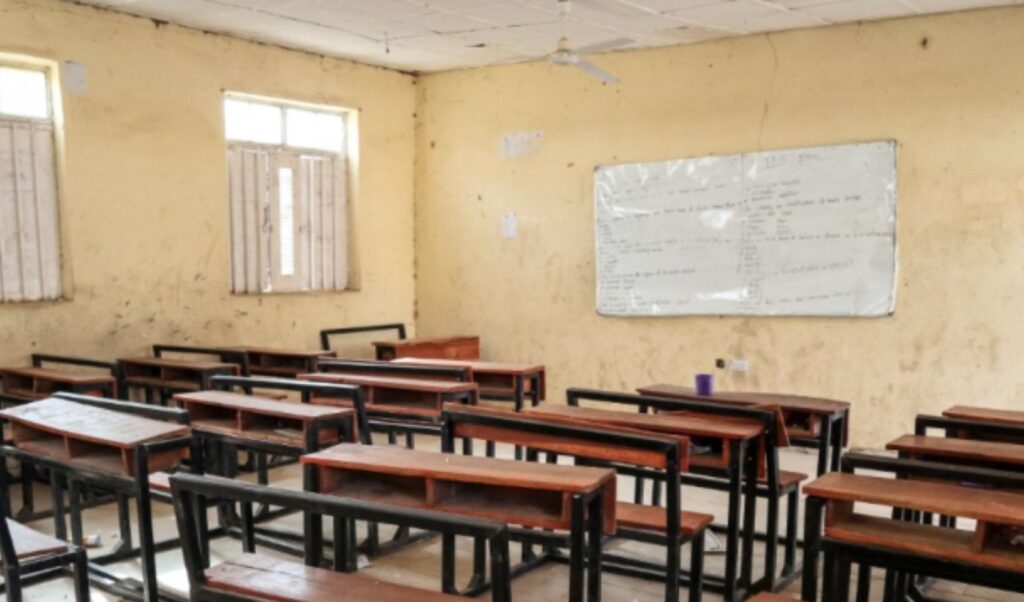North-central Nigeria is experiencing one of its most serious kidnapping crises in recent years, as 50 of the 303 students abducted from a school complex managed to escape and were reunited with their families. The President of the country’s Christian Association, Bulous Dauwa Yohana, confirmed the children’s release on Sunday (23/11).
The hostage situation in Nigeria
Despite the successful escape of fifty students, Nigeria’s kidnapping crisis continues with 253 children aged 10 to 18 years and 12 teachers remaining in the hands of kidnappers. The incident ranks among the worst mass kidnappings for ransom purposes recorded in the African country. This particular attack constitutes the third similar action within one week, this time targeting a Catholic educational institution, in contrast to the previous one that targeted a Muslim school.
International reactions and government positions
Donald Trump issued a stern warning to Nigeria’s government, accusing it of “continuing to allow the murder of Christians” and threatening retaliation. The Nigerian government responded by characterizing the claims of Christian persecution as “a blatant distortion of reality”, according to the BBC.
Local authorities revealed that the school failed to comply with orders to close all boarding facilities, despite intelligence warnings of increased attack risks in the area.
History of kidnappings and current situation
The phenomenon of kidnappings in Nigeria gained international attention in 2014, when the Islamist organization Boko Haram abducted 276 girls from a school. Ten years after that tragic event, one hundred hostages remain missing, highlighting the chronic inability of authorities to effectively address the problem.
The current crisis underscores the deteriorating security situation in the country’s northern regions, where educational institutions systematically become targets of criminal organizations seeking financial gain through ransom payments.




